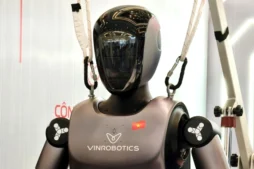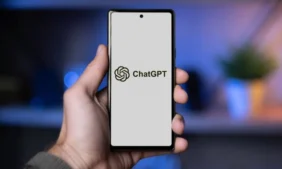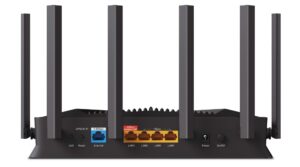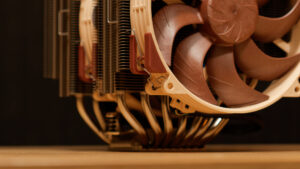Alleged SK hynix-Made NAND For Apple Discovered Hiding In Cheap SSDs
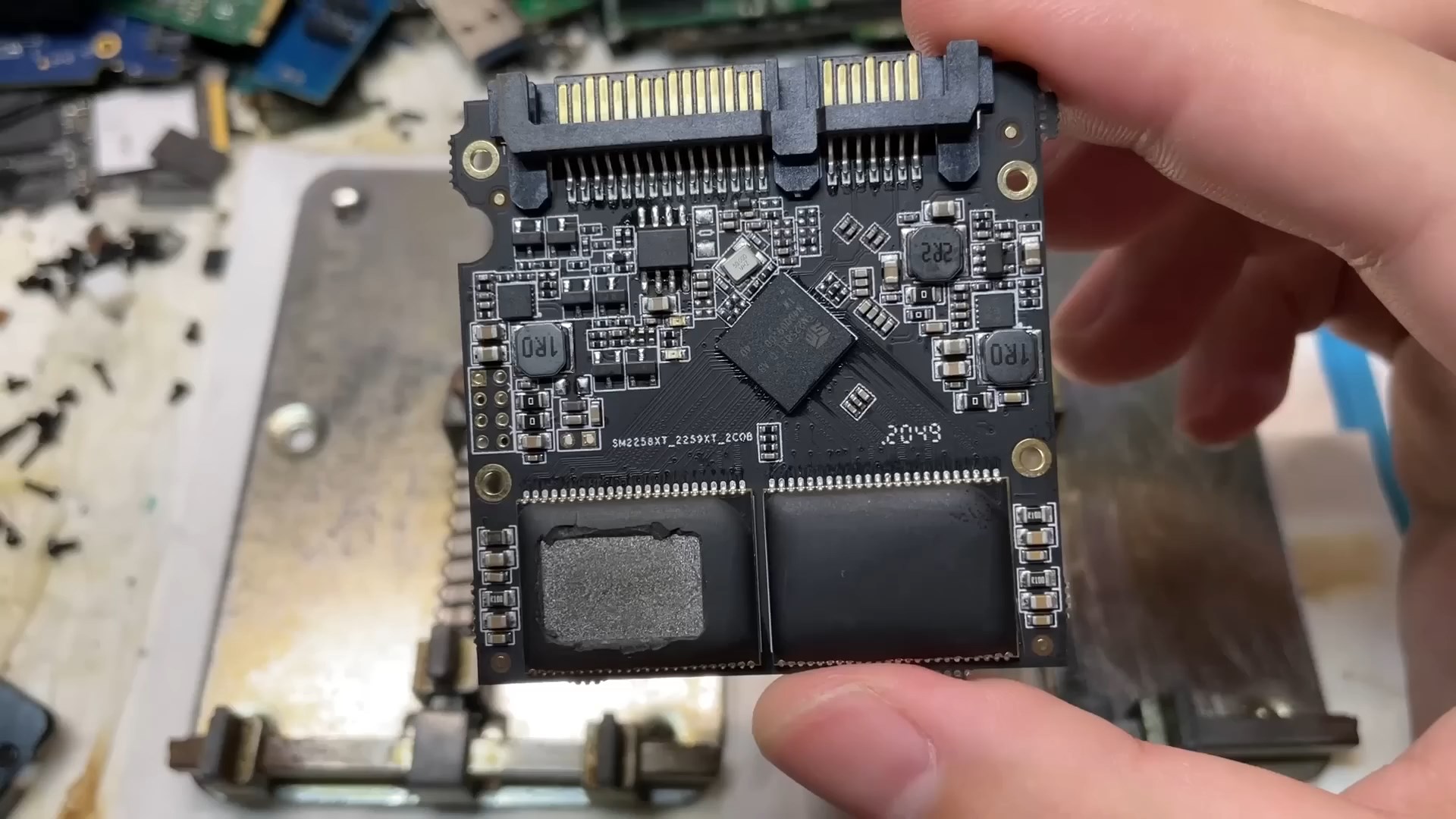
Have you ever wondered where defective NAND chips or those that don’t pass the requirements go? Not inside the best SSDs, that’s for sure. However, you’ll likely find them inside knock-off SSD brands that sell for ridiculously low prices on platforms like AliExpress.
NAND yield rates are typically bad until the process node matures. Often, factories come across NAND that doesn’t meet the client’s requirements or doesn’t pass quality control. Instead of throwing the NAND away, which increases electronic waste, the factories recycle them into cheaper products or sell them to local companies, giving rise to obscure SSD brands on the Chinese market.
A Chinese data recovery YouTuber recently took apart a ShineDisk M667 (M667-120G), a 120GB SATA SSD that retails for around $13 in China, and found some alleged SK hynix-manufactured NAND for Apple devices inside. Mind you; this is a knock-off brand and not to be confused with the same SanDisk that Western Digital acquired.
The SSD controller is the only thing that looks legit on the ShineDisk M667. The drive utilizes the SM2258XT, a DRAM-less SATA III from Silicon Motion. It’s an outdated SSD controller that powers SSDs, such as the Crucial BX500, TeamGroup EX2, and WD Blue 3D.
The NAND chips in the ShineDisk M667 are thicker than the NAND that you typically find on a regular SSD. According to the YouTuber, it’s reportedly SK hynix’s E2NAND, which appears to be a multi-chip package with an MSP controller with embedded ECC support. We looked up the E2NAND but couldn’t find any public information on SK hynix’s website. However, we did see many mentions of E2NAND associated with Apple and iPhones on various Chinese e-commerce platforms.
The origin of the NAND is unknown. It could have come from a factory that makes NAND for Apple or some third-party vendor ripping them off of defective iPhones. However, the YouTuber suspects the former since the quality appears to have a level of professionalism.
Reprocessing components for lower-tier products or new products is a regular practice in the hardware world. Companies are always looking to maximize profits. For example, a recent report revealed that some vendors recycle server ICs into consumer memory. The problem is with reliability.
In the case of the ShineDisk M667 SSD, we have no idea where the NAND came from. It wouldn’t surprise anyone if, one day, the ShineDisk M667 died out of nowhere. That’s the risk of an off-brand SSD that sells for $13 in a market filled with knock-offs. You’re better off looking for one of the best SSD deals on a name brand drive.
